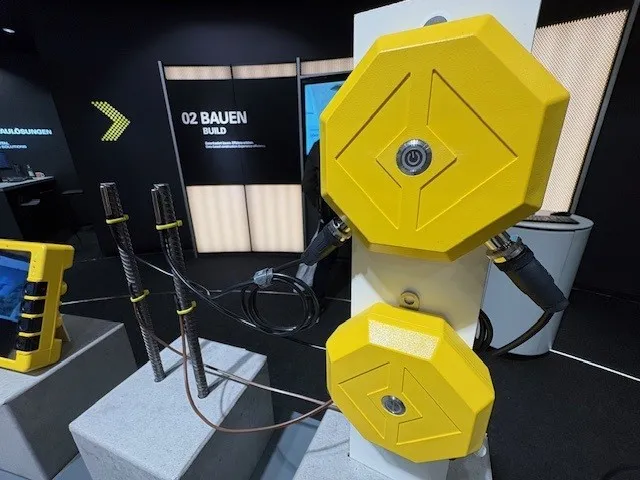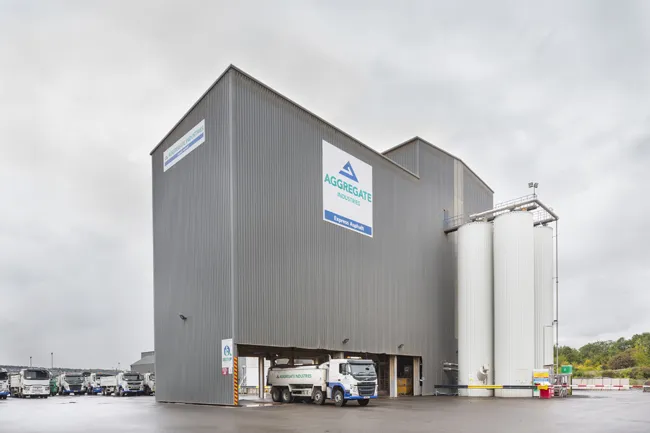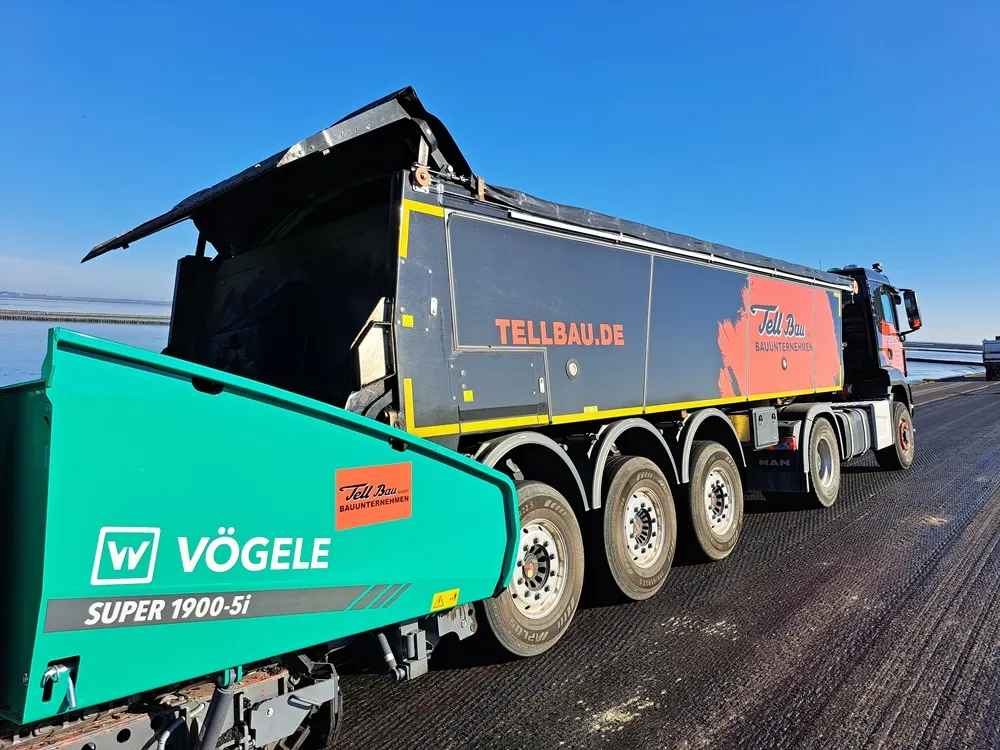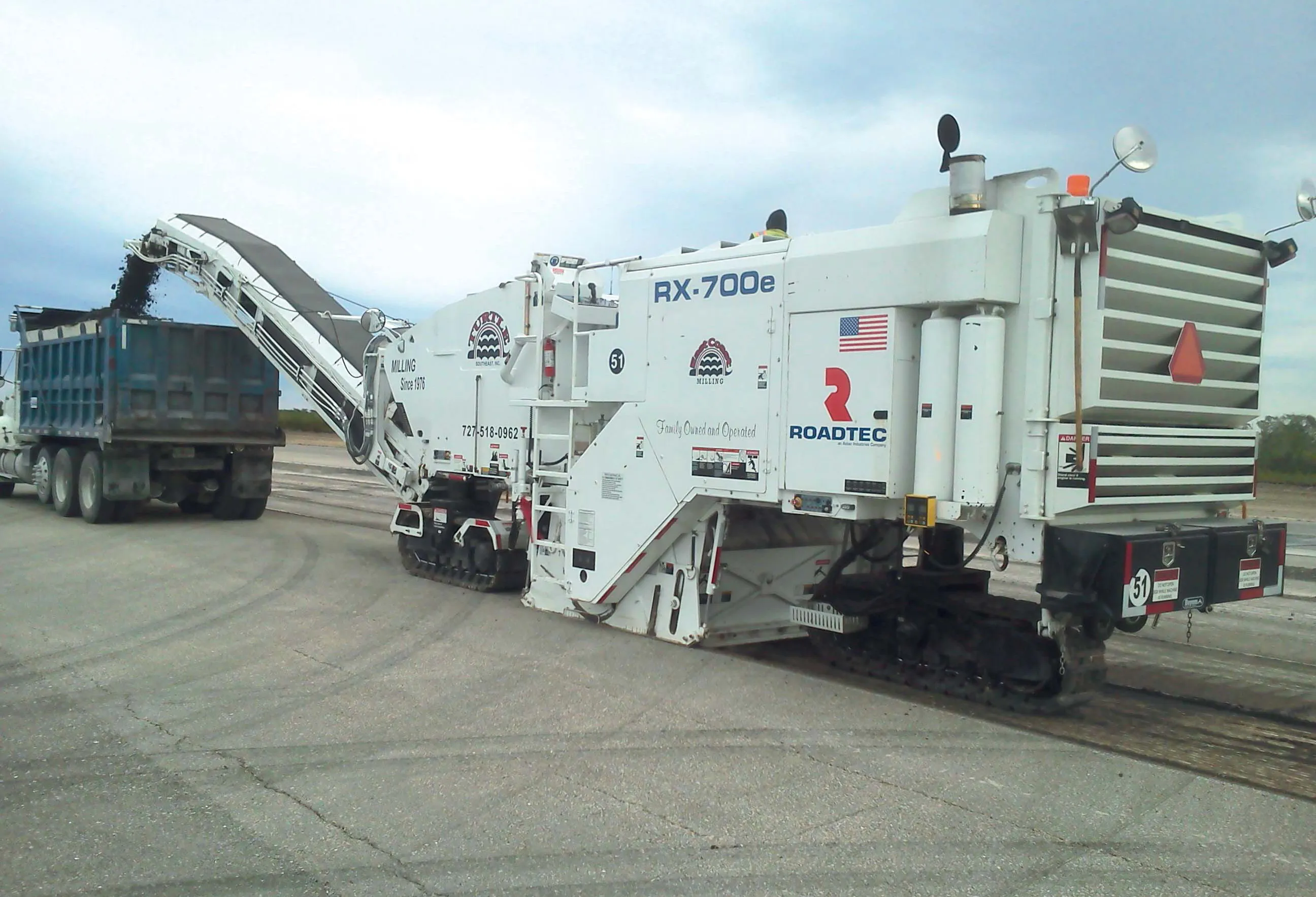
Vemaventuri, part of the Peri Group, has introduced into Europe the TEMO Link, a specialised version of concrete temperature and maturity monitoring.
The existing complete solution, in addition to concrete temperature and maturity monitoring, covers two additional use cases, concrete pressure monitoring and concrete detection and compaction monitoring.
The system makes temperature and strength estimation simple, sustainable and approachable because of its straightforward installation, cost-effective setup with minimal embedded parts and focus on reusing as much material as possible.
With TEMO Link’s built-in cellular connectivity, construction teams gain real-time insights and can base their decisions on valuable information.
Link also supports various maturity functions for calibration, including the linear Nurse-Saul method (ASTM C1074) and the non-linear Arrhenius function, making it one of the most efficient and cost-effective monitoring solutions to date.
TEMO Link helps accelerate project timelines while keeping budgets on track by providing precise concrete-strength data that allows for earlier formwork striking.
It helps to lower the risk of thermal cracking, ensuring high concrete quality in all conditions. With real-time alerts sent via the Vemaventuri web application, users stay informed about critical developments without the need for on-site visits.
Additionally, the system ensures full compliance with documentation requirements through 24/7 data tracking and reporting, making concrete monitoring more efficient and reliable than ever.









